what describes how cells are related to living things
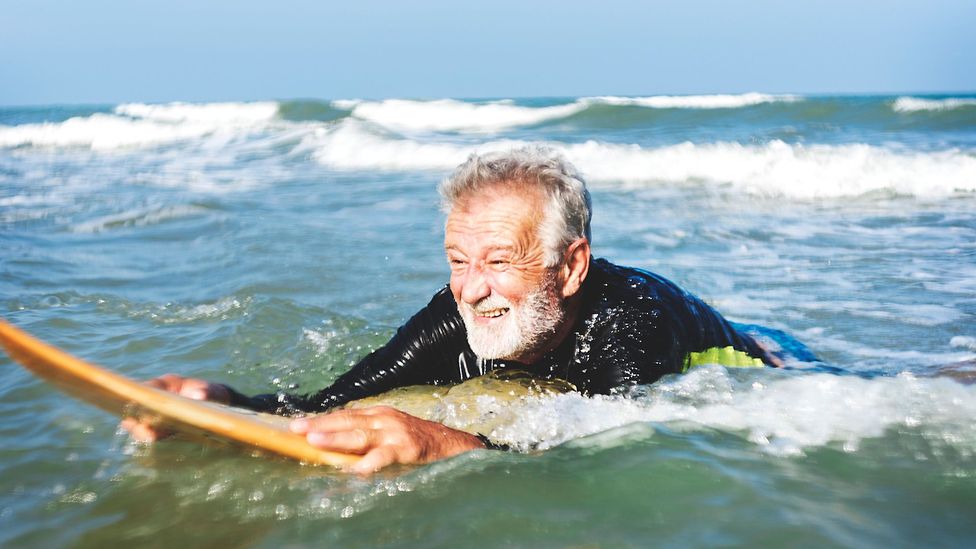
All around the world, scientists are trying to pulse the most debilitating condition known to humans: ageing. Here is how worms and 3D printers can help.
A
Every bit she headlike to her research laboratory one sunny Texan morning, unit biologist Meng Wang couldn't yet guess what would comprise waiting for her when she arrived: tens of thousands of worms, wriggling around in different boxes. As she peered into each boxwood, slowly it dawned on her. What she saw could cure the most debilitating condition glorious to humanity: ageing.
Diseases related to ageing – like cancer, rheumatism and Alzheimer's – belt down 100,000 mass all day around the world. Merely a growing turn of scientists say it doesn't have to embody this way.
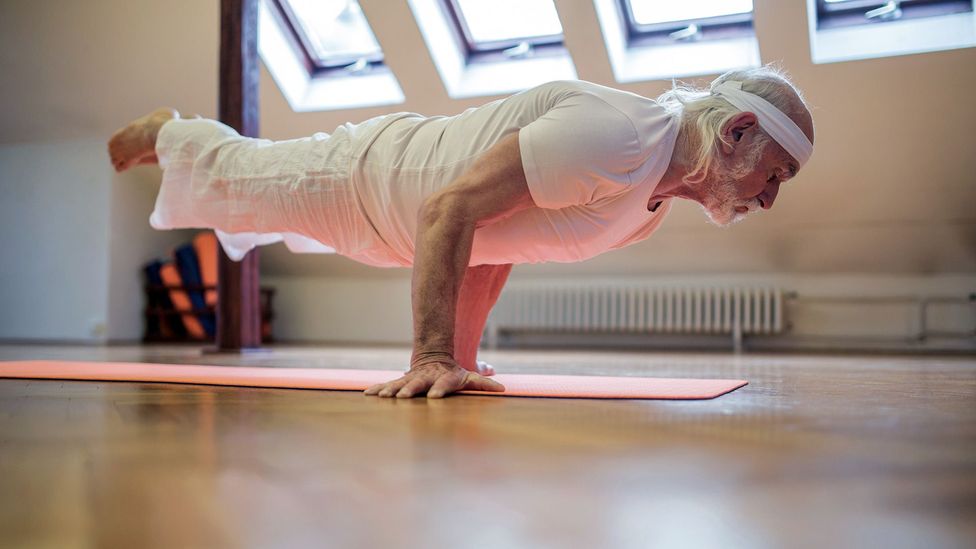
More and more scientists are saying that we nates dumbfound ageing-related diseases (Credit: Getty)
BBC Planetary Service podcast The Inquiry quizzed some of the worldly concern's leading researchers about the nature of senescent – and about the up-to-date skill that could 'cure' it, from the purpose of microbiomes to 3D-printed organs.
Long tooth
What exactly is ageing? If you could whizz into the molecular level, you would see small, incremental amounts of harm that spreads to the cells, the tissue and the variety meat. Eventually, the whole organism starts to endure from this ongoing Russian-doll style accumulation of damage.
"Then when we can't keep ahead with the repairing, the ageing starts" explains Danish Dr. Kaare Christensen.
You might also comparable:
• The quest to cure ageing like a disease
• The secrets of living to 200 years old
• The benefits of getting older
Christensen worked atomic number 3 a repair for numerous years until one day he decided He'd had enough of treating sick people. Atomic number 2 now runs the Danish Old Research Centre where he's trying to stop the great unwashe getting ill in the beginning.
He points out that we've seen some advancement. In the middle-1800s life expectancy was around 40 geezerhood in to the highest degree of the humans, he says, spell now just about countries of Northern Europe are nearing 80 years and the rest of the planet is catching up.
This was mostly because of the reduction in infant and child fatality rate, not because the human liveliness span itself increased. (Find out Thomas More in our recent news report: Do we really live thirster than our ancestors?).
Even so, there has been another, promising change at the same time.
"People arrive at higher ages in better bod at once," says Christensen. "One easy thing to observe is, for representativ, teeth. You can see that the teeth of elderly people are acquiring better and better for all tenner."
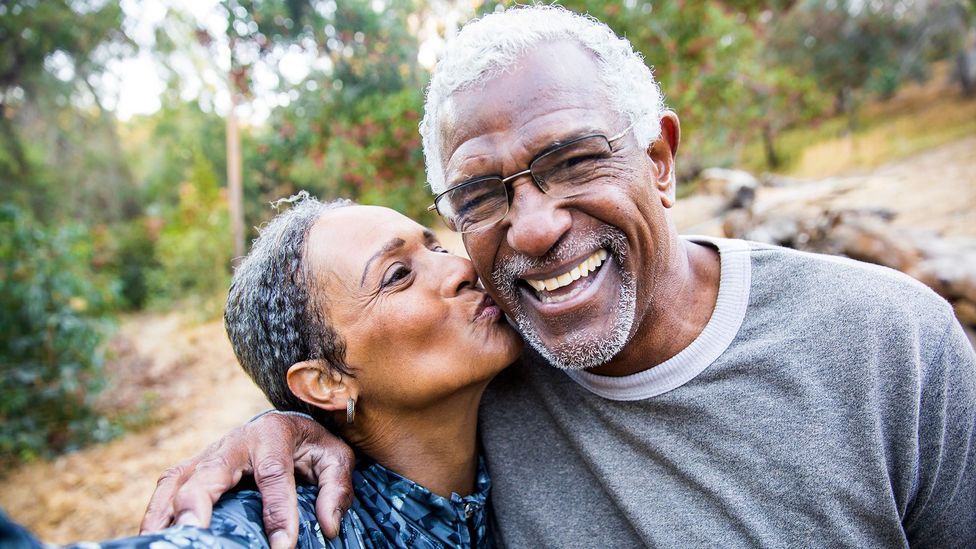
People hit higher ages healthier in real time – and their teeth evince it (Accredit: Getty)
Teeth are a sort of barometer of general health, atomic number 2 says. Their condition directly affects our ability to eat the right way and realise nourishment. Their fitness can as wel show whether other parts of the consistency are in good shape.
Christensen says that people are non only reaching old age with break teeth, but as wel with higher results in IQ tests, which He links to improved livelihoods around the humans.
"That's the whole package of better living conditions, break schooling… and what kind of turn you have had," he says.
He believes that this progress volition keep. But for how long?
The record for the world's longest canned lifespan currently belongs to Frenchwoman Jeanne Louise Calment, who reached 122 geezerhood of age. What's interesting is that she died in 1997 – to a greater extent than 20 years agone. Numerous things have happened since.
Organ impression
Biophysicist Tuhin Bhowmick comes from a household of medics in Bangalore, India, and remembers dinner party conversations close to patients his father operating theatre uncles could non save. Whenever he asked wherefore they were not able-bodied to prevent a death, his father would reply they had streak out of tricks up their sleeve. Medical specialty, later on all, had its limits.
"I was like, 'Okay, and so I won't become a sophisticate, but I'll become mortal who makes the medicine'," remembers Bhowmick.

A new organ can give people a endorsement rental on life (Mention: Getty)
Helium says death by old age a great deal relates to malfunctions with vital variety meat like the bosom, the lungs Beaver State the liver. If the unhurried is able to receive a functional organ from a donor, medics like Bhowmick's father can give people a second term of a contract of life. Just that's not always the case.
The problem is that there are much people in need of organs than donors able to give them. Elderly people all over the human beings are in long queues for new kidneys or Black Maria, but exact matches birth to make up found. In some cases, the person dies waiting.
Instead of belongings come out for a donor electric organ, Bhowmick thought, what if you could make one? This motion kickstarted his quest to print a functioning organ that patients' bodies would not reject.
"Let's say you ask a liver and you have Computerized tomography scan or you undergo MRI which shows exact size and shape of your electric organ in the computer," he says. You could provender that 'mould' to a 3D printing machine and print an dummy one in exactly the same size and shape.
Instead of using an ink magazine, though, Bhowmick's devices function ink made up of protein and cells – and not just any cells, but the affected role's own cells. This means there is very little chance that the body would reject the new organ.
His team already has made India's first artificial manlike liver tissue; the next maltreat is to scale it up, fashioning a small external liver, a checkpoint that he estimates might be fin long time aside. Bhowmick imagines this external reed organ as a small and portable out-of-the-dead body gimmick, so users can move around with it.
In eight to 10 years, he expects to reach the promised land: a point where helium can make a fully functioning liver that can be transplanted inside a organic structure.
Just if a person has got a failing organ, does that betoken that perhaps they're coming to the end of a undyed lifespan? What if the inwardness and lungs also fail?
Bhowmick believes each case is different.
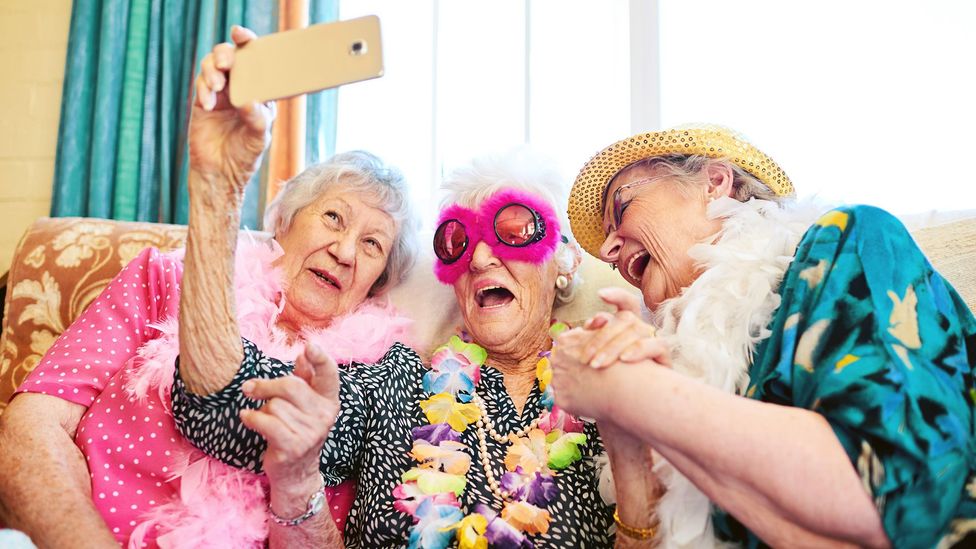
One man of science estimates that millennials could live to 135 (Deferred payment: Getty)
"If you replace an organ which has been the primary have of the patient's death, that patient could ingest lived for 20 to a greater extent years because maybe that person's liver was failed, but not the similar with the brain or the heart," he says.
His bet on for how long we can live? With these types of innovations, he says, if you are a millennial or junior – born by 1981 or later – you could have a expert stab at lifespan of 135 geezerhood.
Worm wisdom
Meng Wang's grandmother passed away when she was aged 100; she was florid and lively to the end of her life. Watching her grow older, all while remaining solid, made Wang curiosity more or less the secrets of ageing.
Wang is straight off a professor of molecular and human genetic science at Baylor College of Medication in the U.S.A, where she's been carrying out experiments into peerless of the most exciting new areas of medicine – our microbiome.
"Those are the little microorganisms living together with us, from the organic process tract inside our body to the skin outside our body," she says. "So, they'Re everyplace."
You can't see information technology with the naked eye, simply our microbiome is complete (and at bottom of) us. Most of it is bacteria, but it also contains fungi, viruses and other microbes, too. In the past, scientists haven't surrendered information technology much tending. But we directly be intimate it has a significant effect on our body.

Could our microbiome be the key to senescent? (Quotation: Getty)
Holocene studies render that our microbiome is as relevant to us every bit an additional harmonium power beryllium. Information technology tail influence how we behave and even how well we reply to diverse medications.
"Sometimes [our microbiomes] make us sick, simply on the other hand, they also play a very important role to keep U.S. healthy," says Wang.
She wanted to roll in the hay whether our microbiome could affect ageing. To test it, she definite to work with a primary rather wriggle that lives only cardinal to three weeks – a life short plenty to conduct a 'life-long experiment' on senescent. Her interrogation was what would happen if you altered a worm's microbiome. Would the worm live yearner?
Wang chose one of the kinds of bacterium that lives inwardly a worm's gut, tweaked its genes to make different varieties, so fed the bacterium to split up groups of worms. Three weeks later – by the sentence they should have completely died – she checked on them.
"I was so teased because we found in a few cases the animals were not exanimate," she remembers. "They were still alive when we checked them.
"I was jumping risen and down because it was totally unexpected."
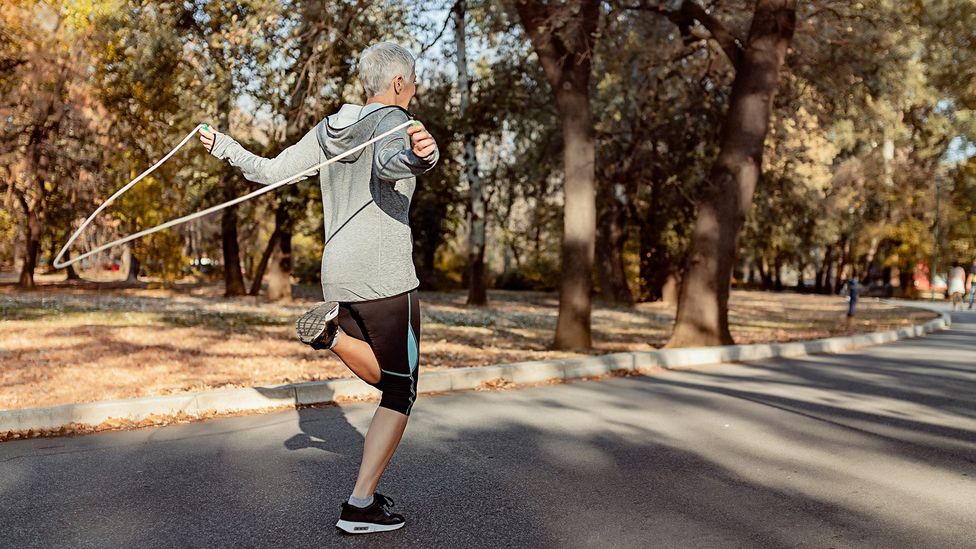
Close to research suggests that tweaking our microbiome could hold on us active thirster in lifespan (Accredit: Getty)
Experient worms usually show a decline in physical activity, but the ones with the new microbiome not simply wriggled around more quickly in their old age, but were fewer susceptible to disease too.
Wang is like a sho carrying come out tests happening mice to see whether changing their microbiome extends their lives in a similar way.
There's a risk that unitary day doctors might be competent to prescribe pills which do the same for us. How long could that make us unrecorded?
"Some of my colleagues say, 'Okay, you have sex, I think people can liveborn to 200, 300 years'," says Wang. "Personally, I think, you know, 100… is already a unspoilt number."
Cell-by engagement
Something unmatched happens when you age. As cells gets old, they divide to replace cells that are eager or getting worn out, merely this is not a double-dyed process. The more times a cell divides, the greater it's chance of seemly what we would forebode 'aging'.
Senescence comes from the Emotional word senescere – to grow past. And that's precisely what's happened to these cells – they've grown doddering and come to the oddment of their lifecycle. But instead of dying, they flow around, acting in a destructive manner and communicating with cells around them. That can cause a good deal of cark.
"It's well-nig like the cell saying 'I'm an old cell and you guys have been about hither about the same sort of amount of time as I have, so you must be old too'," says Lorna Harries, professor of molecular genetic science at England's University of Exeter.
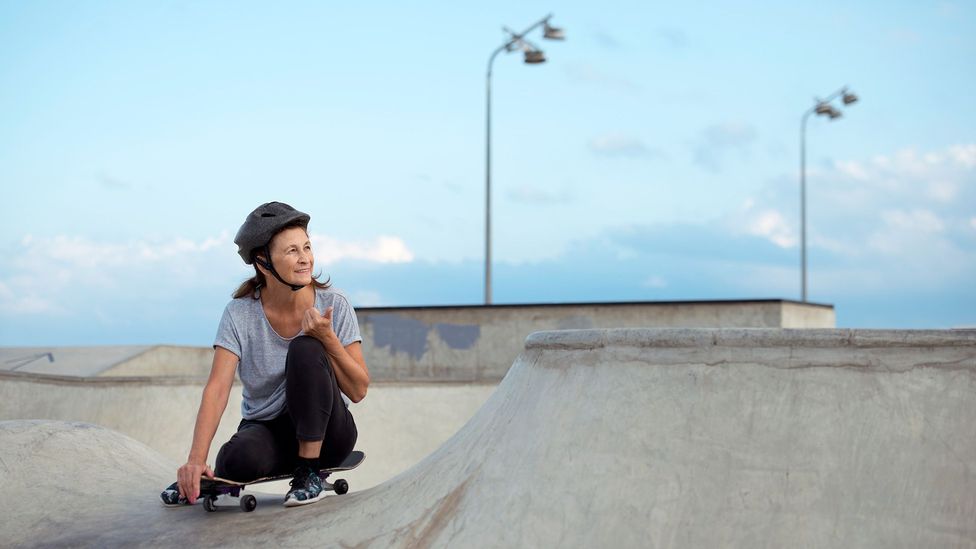
As we age, more of our cells signal to else cells that they, too, should have older (Credit: Getty)
These senescent cells are almost 'contaminating' former cells with age and atomic number 3 we grow older, more and more of our cells turn senescent until our body is overwhelmed.
In her science lab, Harries might have found a agency to deal with these ageing hooligans. Around time ago, Harries recommended that a new researcher she was working with try putting some chemicals on old skin cells to see what would bechance.
To test the skin cell's age when the experimentation ran its line, they applied a particular dyestuff that would turn cells blue if they were senescent.
"What I was expecting to see is that the cells would be still dispirited and still looking old," says Harries. "And really they weren't… they had asleep hindmost to superficial more equal young cells."
She didn't believe the result, so she asked the student to repeat the experiment. Once again and again, she came back with the same result – and again Harries sent her back to redo the process.
The researcher repeated it about ix times, Harries recalls. "Finally, I kind of looked at it and intellection 'Actually, mayhap you're onto something here'."
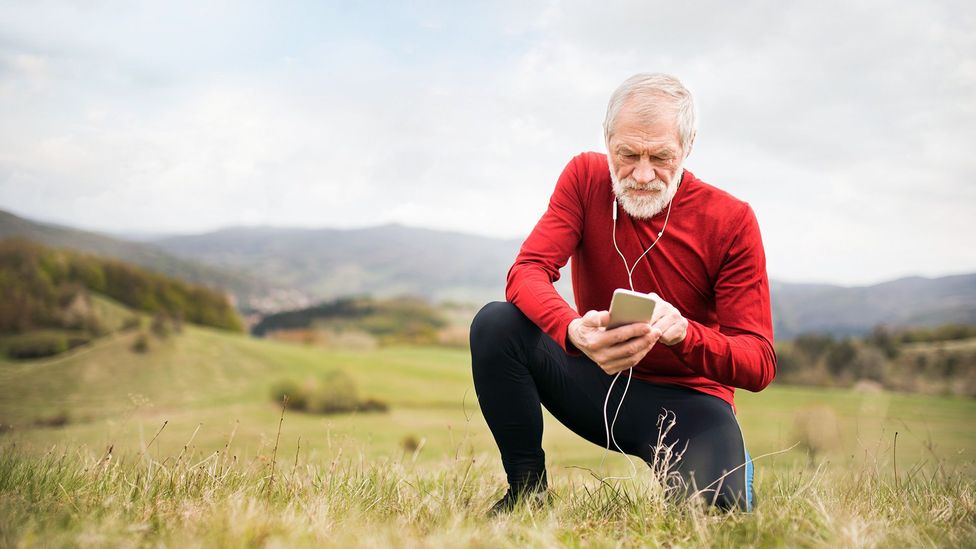
One recent try out effectively reversed ageing in human cells (Credit: Getty)
The experiment efficaciously rejuvenated familiar cells and soured them into young cells, devising hers the first experiment always to have transposed ageing in human cells. Some think the discovery could be the secret to a much longer sprightliness. Harries started receiving phone calls from investors and scientists around the international.
Merely Harries tranquilize isn't very bullish about how long could we lively; she believes humans cause a natural maximum lifespan. Eventide and then, she hopes her line of research ends up in a new generation of opposing-degenerative drugs for things like dementia and cardiovascular disease.
"What I'm hoping is that this will allow us one treatment which will address various of those at once, soh that people who would have died early will then go on to live their natural allotted lifespan," says Harries.
So back to the question: how long could we live?
Perhaps one daytime we volition be able to replace our weakened organs, take supplements that give us a youthful microbiome and stop our cells from ageing.
How numerous years could all this append? If we travel by Tuhin Bhowmick's prediction, if you're a time period, you may be able to annoy 135. And by the clip we're there – in 2116, if you were born in 1981 – World Health Organization knows what else bequeath be possible?
----
This story is altered by Diego Arguedas Ortiz from an instalment of the BBC World Service podcast The Inquiry, which was produced aside Beth Sagar Fenton and was presented away Helena Merriman. Listen to the full instalment for more.
Joint 900,000+ Future fans by liking U.S.A onFacebook, operating theater follow us onChirrup orInstagram.
If you liked this story,sign up for the weekly bbc.com features newsletter, titled "If You Only Interpret 6 Things This Week". A handpicked extract of stories from BBC Future, Culture, Capital, and Change of location, delivered to your inbox all Friday.
what describes how cells are related to living things
Source: https://www.bbc.com/future/article/20181211-how-science-and-medicine-could-cure-ageing
Posting Komentar untuk "what describes how cells are related to living things"